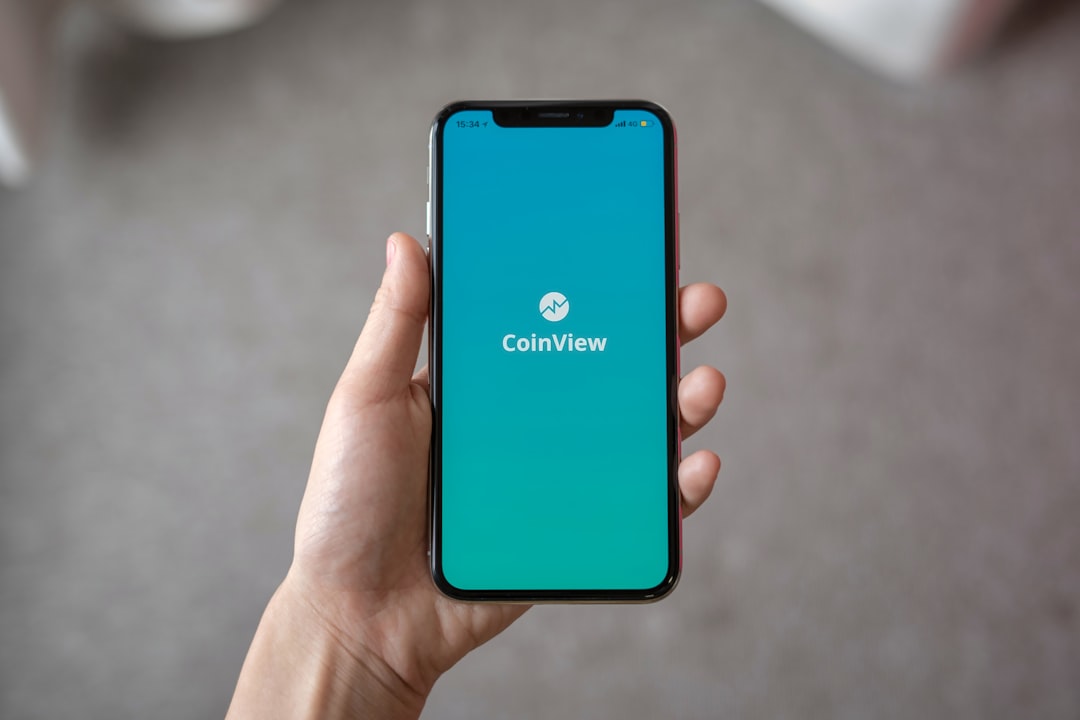Texas charities must strictly adhere to state Do Not Call rules, overseen by the Texas Attorney General's Office, to protect donor privacy and maintain a peaceful environment for contribution decisions. Registration with the Texas Department of Licensing and Regulation (TDLR) is mandatory, involving an application, fee, and agreement to abide by the state's list. Nonprofits in Austin face complex regulations but can benefit from exemptions under the Telemarketing and Consumer Fraud Prevention Act (TCFA). Consulting a Do Not Call Lawyer Texas offers legal guidance, best practices training, and ongoing support for compliance, helping charities avoid fines, lawsuits, and maintain positive donor relationships.
Austin charities must navigate complex regulations to respect donor privacy and avoid legal pitfalls. Understanding and adhering to Texas’s Do Not Call rules is essential for maintaining donor relationships and organizational integrity. This comprehensive guide explores key aspects, including exemptions for nonprofits, compliance strategies tailored for Austin charities, potential legal consequences of violations, and best practices recommended by a Do Not Call lawyer in Texas.
Understanding Do Not Call Rules in Texas

In Texas, understanding and adhering to the state’s Do Not Call rules is crucial for charities aiming to maintain compliance and respect their donors’ privacy. These regulations are designed to protect residents from unwanted telemarketing calls, ensuring a peaceful and controlled environment for individuals to make decisions about their contributions. The Texas Attorney General’s Office oversees these rules, which include specific guidelines for charitable organizations.
Charities must register with the Texas Department of Licensing and Regulation (TDLR) and obtain a Telemarketing Sales Call Registration Certificate before making any telemarketing calls. This process involves submitting an application, paying a fee, and agreeing to adhere to the state’s Do Not Call list. A Do Not Call Lawyer in Texas can guide charities through this registration process and offer expert advice on navigating the legalities involved, ensuring they stay compliant and maintain a positive relationship with their supporters.
Identifying Exemptions for Nonprofit Organizations

Nonprofit organizations in Austin, Texas, often find themselves navigating complex regulations, especially when it comes to the Do Not Call rules. However, there are exemptions that can help charities stay compliant while continuing their vital work. Understanding these exceptions is crucial for any organization looking to avoid legal issues and maintain donor relationships.
One key exemption is for charitable organizations, including those in Texas. The Telemarketing and Consumer Fraud Prevention Act (TCFA) allows nonprofits to make calls for fundraising purposes without obtaining prior consent from donors. This exception is a game-changer for charities, enabling them to reach out to potential supporters directly. However, to remain compliant, these organizations must adhere to specific guidelines, such as providing an opt-out option and maintaining accurate records of donor preferences. Consulting with a Do Not Call Lawyer Texas can help nonprofits ensure they stay within the legal framework while maximizing their outreach efforts.
Compliance Strategies for Austin Charities

Austin charities must stay vigilant to comply with state and federal Do Not Call rules, especially as telemarketing practices evolve. A key strategy is to implement robust donor management systems that track interactions, preferences, and opt-out requests. This enables charities to tailor their communication, ensuring they only contact donors who have given explicit consent.
Engaging the services of a qualified Do Not Call Lawyer Texas can be invaluable. These legal experts can help charities navigate complex regulations, provide training on best practices, and offer ongoing support to ensure compliance. Regular audits and reviews of telemarketing activities are essential to identify and rectify any potential non-compliance issues promptly.
Legal Implications of Violating Do Not Call Laws

Violating do-not-call rules can have significant legal implications for Austin charities, leading to substantial fines and damage to their reputation. In Texas, organizations that make telemarketing calls or solicitations without proper consent risk civil penalties of up to $500 per violation, with additional damages if a court finds intentional or willful noncompliance. Moreover, affected individuals can file complaints against the offending charity, potentially resulting in legal action and lawsuits.
Charities must also be aware that their exempt status under the Telephone Consumer Protection Act (TCPA) is not absolute. They must comply with specific rules regarding call frequency, timing, and content to maintain this privilege. Engaging in unauthorized calls can expose charities to scrutiny from both regulatory bodies and affected consumers, who may seek collective action or class-action lawsuits against the organization for widespread do-not-call rule violations. Therefore, it’s crucial for Austin charities to consult a Do Do Not Call Lawyer Texas to ensure they stay within legal boundaries and protect their operations from potential pitfalls.
Best Practices to Maintain and Enhance Compliance

Staying compliant with Do Not Call rules is essential for Austin charities to maintain a positive public image and avoid legal issues. Best practices include implementing robust internal policies that clearly outline call procedures, ensuring all staff and volunteers are trained on these policies, and regularly reviewing and updating them to reflect changes in regulations. Regularly monitoring calls and documenting compliance is crucial, as is establishing a clear process for handling complaints and opt-outs.
Additionally, employing technology solutions designed to manage donor lists and calling campaigns can significantly enhance compliance. A Do Not Call Lawyer Texas can provide expert guidance on navigating these rules, ensuring charities stay within legal boundaries while effectively reaching out to potential donors. Utilizing opt-in systems and offering multiple communication channels can also foster better donor relationships and minimize the risk of non-compliance.






